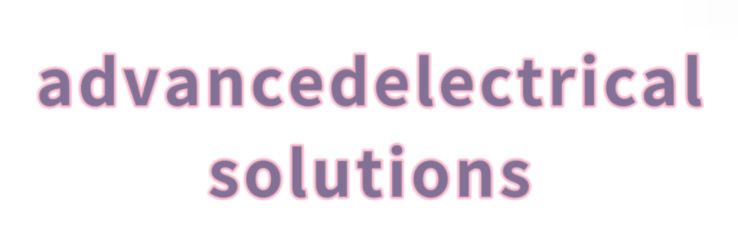what do insulators do on power lines
What Do Insulators Do on Power Lines?
When you look up at power lines crisscrossing the sky, you might not think much about the components that make the whole system work safely and effectively. One of the most crucial elements in this setup is the insulator. Have you ever wondered what do insulators do on power lines? In this post, we'll explore their vital role, how they function, and why they are essential to our electrical infrastructure.
If you are looking for more details, kindly visit what do insulators do on power lines.
Understanding Power Line Insulators
Power line insulators are specially designed devices that support and separate the conductive wires from the poles or towers. They are typically made from materials that do not conduct electricity, such as ceramic or polymer, ensuring that the electrical current remains safely confined within the wires.
The Primary Functions of Insulators
Electrical Isolation
The most important function of insulators is to provide electrical isolation. This means they prevent the electrical current from escaping the wires and causing short circuits or fires. Without insulators, the risk of dangerous electrical leaks would dramatically increase, posing serious safety hazards to people and wildlife.Mechanical Support
Insulators also play a significant role in supporting the weight of the power lines. They hold the conductive wires securely in place across various terrains, ensuring that they remain stable even in harsh weather conditions, like strong winds or heavy snow. This mechanical stability is crucial for the longevity and reliability of the power grid.Environmental Protection
Insulators help protect the power lines from environmental factors. Rain, snow, and humidity can cause electrical currents to leak. Insulators provide a barrier against these elements, helping to maintain a consistent flow of electricity. For example, a well-constructed insulator can prevent water from traveling along the surface of the insulator and reaching the conductive parts of the power lines.
Types of Insulators Used in Power Lines
There are several types of insulators, each designed for specific applications:
Suspension Insulators
These are commonly used in transmission lines. They consist of multiple insulator discs connected together to form a chain, allowing for flexibility and support over long distances.Pin Insulators
Pin insulators are typically used in lower voltage applications. They are mounted onto a pin or a pole and provide a stable point of attachment for the wires.Shackle Insulators
Used primarily for overhead distribution lines, shackle insulators are designed to connect power conductors to poles and support them while allowing for some movement.
Why Insulators Matter
You might be surprised to learn that the failure of just one insulator can disrupt power supply to thousands of homes. Insulators are not just components; they are critical to ensuring that electricity flows efficiently and safely from power plants to your home. A malfunctioning insulator can lead to power outages, equipment damage, and even hazards like electrical fires or explosions.
How to Maintain Electrical Safety
As a homeowner, you may not need to worry about power line insulators directly, but understanding their importance can help you appreciate the complexities of electrical systems. Here are some tips for ensuring electrical safety in your area:
Report Damaged Lines: If you notice any sagging power lines or poles that look unstable, report them to your local utility company immediately.
Stay Clear of Power Lines: Always maintain a safe distance from power lines, especially when doing outdoor activities such as trimming trees or flying kites.
Educate Your Community: Share what you know about electrical safety and the role of insulators with friends and family to promote awareness.
Conclusion
In conclusion, insulators are a critical yet often overlooked component of our electrical infrastructure. They ensure the safe transmission of electricity by providing electrical isolation, mechanical support, and protection from environmental factors. Understanding what do insulators do on power lines can help you appreciate the intricate systems that deliver power to our homes and businesses.
If you found this information helpful, share it with others who might benefit, and keep exploring the fascinating world of electrical systems! Your safety and knowledge matter.
For more china composite insulator manufacturerinformation, please contact us. We will provide professional answers.


Comments